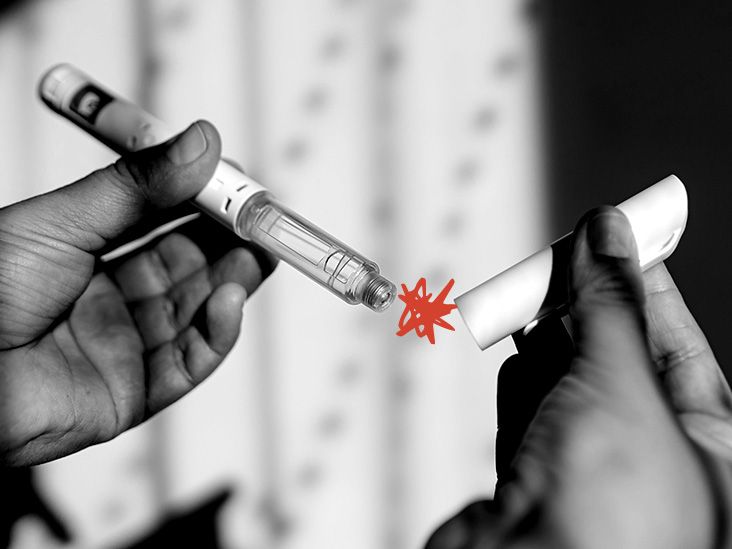Medicare continues to cover coronavirus vaccinations without additional costs. Some Medicare plans also cover hospital visits and coronavirus treatments in specific instances.
Medicare coverage ranges from initial virus testing and extends to medically necessary hospitalizations relating to COVID-19.
The coverage includes prescribed medications and other therapeutic agents doctors use to treat the disease, in specific cases.
Glossary of Medicare terms
- Out-of-pocket cost: This is the amount a person must pay for care when Medicare does not pay the total amount or offer coverage. Costs can include deductibles, coinsurance, copayments, and premiums.
- Premium: This is the amount of money someone pays each month for Medicare coverage.
- Deductible: This is an annual amount a person must spend out of pocket within a certain period before Medicare starts to fund their treatments.
- Coinsurance: This is the percentage of treatment costs that a person must self-fund. For Medicare Part B, coinsurance is 20%.
- Copayment: This is a fixed dollar amount a person with insurance pays when receiving certain treatments. For Medicare, this usually applies to prescription drugs.
COVID-19 is a contagious infectious disease caused by the novel coronavirus. Common symptoms include fever, dry cough, tiredness, difficulty breathing, and muscle aches.
Less common symptoms are gastrointestinal effects, such as diarrhea, nausea, and vomiting, along with an impaired sense of taste and smell.
Medicare covers coronavirus vaccines at no addiitonal cost. This includes the latest available vaccinations for both a person’s primary and follow-up vaccinations.
Medicare covers two types of tests for COVID-19.
Lab test
A COVID-19 lab test enables a doctor or healthcare professional to rule out or diagnose the disease. In addition to this test, doctors may order tests for related conditions to help with diagnoses.
Medicare Part B covers these tests, and the coverage applies to people with either Original Medicare or Medicare Advantage.
There is no charge if the test takes place in a person’s local area, and the tests come from a pharmacy, lab, doctor’s office, or hospital.
COVID-19 antibody test
The COVID-19 antibody test, sometimes called a serology test, determines whether someone has developed an immune response to the disease.
If they have, this means that they may not have an immediate risk of reinfection. Medicare Part B provides coverage, and a person pays nothing for this test.
For people with Original Medicare or a Medicare Advantage plan, medically necessary hospitalizations are covered, including those for COVID-19.
After a hospital stay, some individuals may need to remain in the hospital for quarantine when, typically, they may have been discharged. Medicare covers this, too.
Out-of-pocket costs
Original Medicare’s out-of-pocket costs for 2025 include:
- $1,676 deductible for each benefit period
- $0 copayment for days 1 to 60 of each benefit period
- $419 copayment per day for days 61 to 90 of each benefit period
- $838 copayment per day for days 91 to 150, while using lifetime reserve days
- a person pays all costs after day 150
A benefit period starts the day a person enters a hospital as an inpatient and ends the day after they have been home from the hospital for 60 days.
After a person has been in a hospital for 90 days, Medicare covers an additional 60 days, known as lifetime reserve days. A person may use these days only once in their lifetime.
The out-of-pocket hospitalization costs for Medicare Advantage plans vary according to the private insurance company administering the plan.
Medicare’s telehealth services cover virtual check-ins and online patient portal visits. People without access to interactive technology may also use a telephone.
Medicare has temporarily expanded coverage of telehealth services to March 31, 2025. The expansion gives individuals access to a broader range of advice from health practitioners without having to leave their homes. However, as of April 1, 2025, a person must visit a medical facility in a rural setting to have telehealth visits.
Telehealth practitioners may include doctors, clinical psychologists, and physical therapists.
When a doctor admits a person with COVID-19 to a hospital, they may prescribe:
- oral antivirals, which are covered by Medicare Part D
- monoclonal antibody products, which are covered by Medicare Part B
Other medications to ease symptoms are available.
A person may have many questions about COVID-19 or need advice they feel able to trust. Here are some reliable sources:
- The Medicare webpage provides information on all things coverage-related.
- The
CDC websiteTrusted Source provides general facts about COVID-19. - The World Health Organization (WHO) has further information on COVID-19 statistics.
Coronavirus vaccines are available free of charge to anyone with Medicare.
Certain Medicare plans also cover hospitalizations, additional treatments, and testing.
Coronavirus data
All data and statistics are based on publicly available data at the time of publication. Some information may be out of date. Visit our coronavirus hub for the most recent information on COVID-19.


